On June 25, a representative of Nguyen Trai Hospital (HCMC) informed Dan Tri reporter that recently, doctors here have recorded a series of rare cases of Strongyloides stercoralis infection.
Many cases were detected directly in gastric and duodenal tissue through endoscopic biopsy, which is not widely publicized in southern medical facilities.
Specifically, in recent months, Nguyen Trai Hospital has received 4 cases with symptoms of fatigue, mucus in stool, abdominal pain, prolonged cough... not responding to conventional treatment. All have a history of long-term corticosteroid use or are being treated for chronic diseases such as asthma, polyarthritis, lung cancer, liver disease.
After performing endoscopy combined with tissue biopsy, doctors recorded images of edematous mucosa, easy bleeding, diffuse damage to the colon, and mucosal ulcers. In particular, images of adult worms and eggs were present directly in the stomach and duodenal tissue of many patients.

Image of eggs and larvae of strongyloidiasis in the patient's duodenal tissue through pathological anatomy (Photo: Hospital).
In some cases, although there is no evidence in the stool, the presence of eosinophilia along with endoscopy and biopsy is the decisive factor for the doctor to diagnose strongyloidiasis.
In particular, there was a patient admitted to the hospital because of duodenal ulcer leading to gastrointestinal bleeding, thought to be caused by HP bacteria. But after performing a biopsy, it was determined to be strongyloidiasis - an unexpected cause.
All patients responded well to the antiparasitic drug regimen Ivermectin after diagnosis, recovering after 2-14 days of treatment.
Specialist Doctor Ha Phuc Tuyen, Deputy Head of the Department of Gastroenterology, Nguyen Trai Hospital, said that strongyloidiasis is a parasite that circulates in tropical regions and can survive for many years in the human body without causing obvious symptoms.
However, in conditions of immunodeficiency (such as corticosteroid use, chemotherapy, organ transplantation, etc.), this parasite can cause life-threatening disseminated infection.
The clinical manifestations of the disease are often nonspecific and can be easily confused with common digestive or respiratory diseases. Notably, due to the low positive rate of stool microscopy, diagnosis is difficult and can easily be missed if a biopsy is not performed in a timely manner.
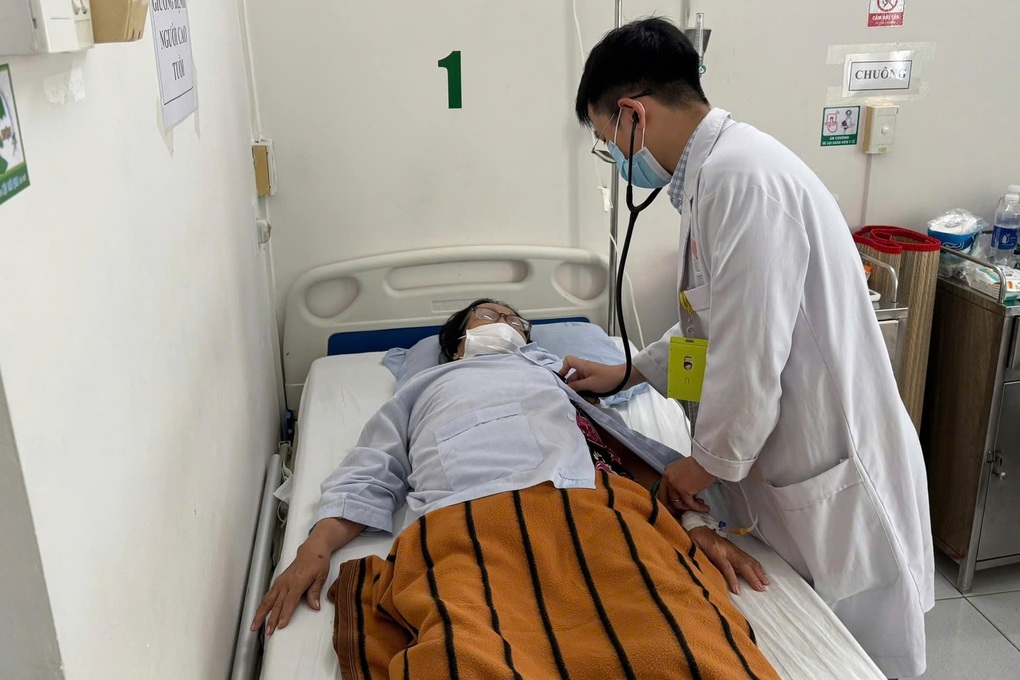
A patient was found to be infected with strongyloidiasis and was treated at Nguyen Trai Hospital (Photo: BV).
The discovery of the above cases at Nguyen Trai Hospital is the result of the diagnosis and treatment process performed by the Gastroenterology Department in collaboration with the Endoscopy Department, contributing to raising medical awareness about this often overlooked disease, especially in people with immunodeficiency due to long-term use of corticosteroids.
Doctor Tuyen recommends that people - especially those with immunodeficiency or long-term corticosteroid treatment - should be vigilant for strongyloidiasis when they have abnormal symptoms in the digestive and respiratory tracts that last for a long time without a clear cause.
When in doubt, go immediately to a facility with a gastroenterology specialist for timely advice and treatment. For medical staff, endoscopy combined with biopsy plays a key role in early diagnosis for patients.
Source: https://dantri.com.vn/suc-khoe/benh-vien-o-tphcm-bat-ngo-phat-hien-4-ca-nhiem-giun-luon-hiem-gap-20250625092227376.htm











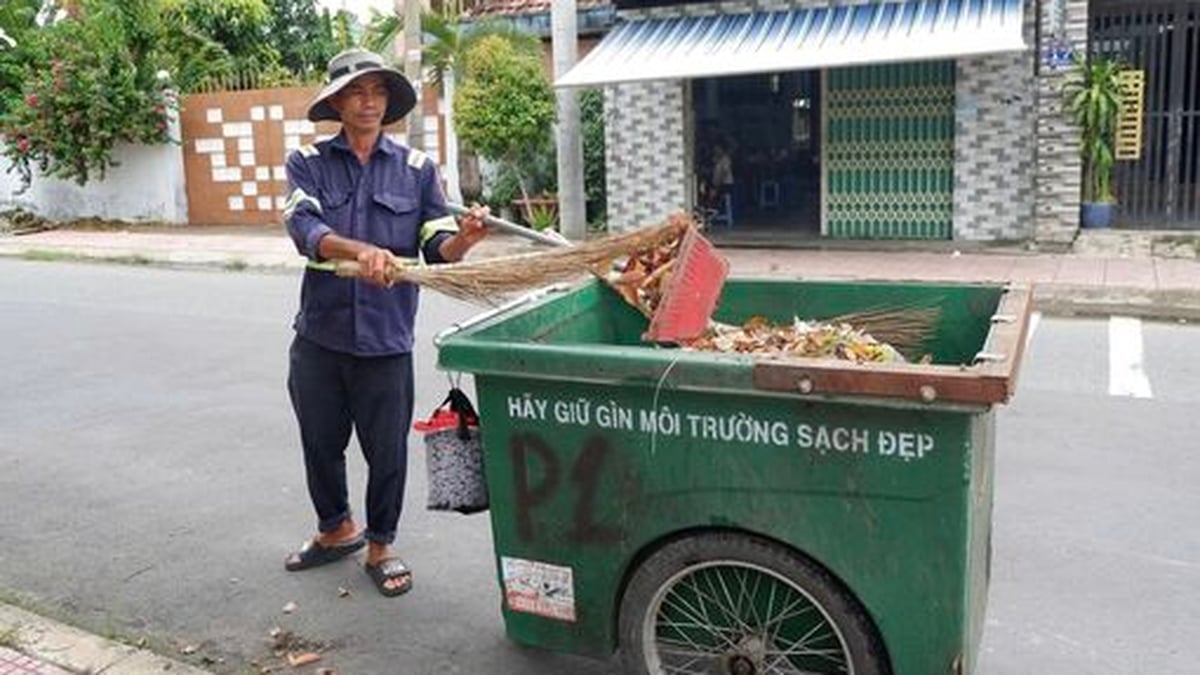




















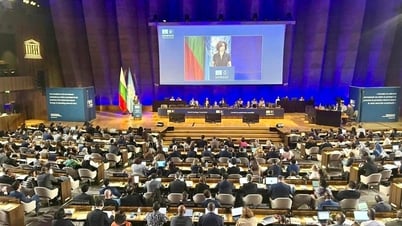


























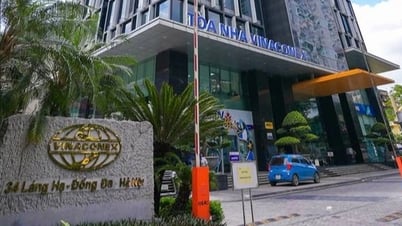






























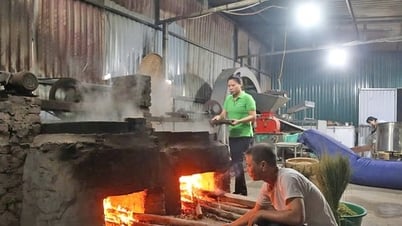







Comment (0)